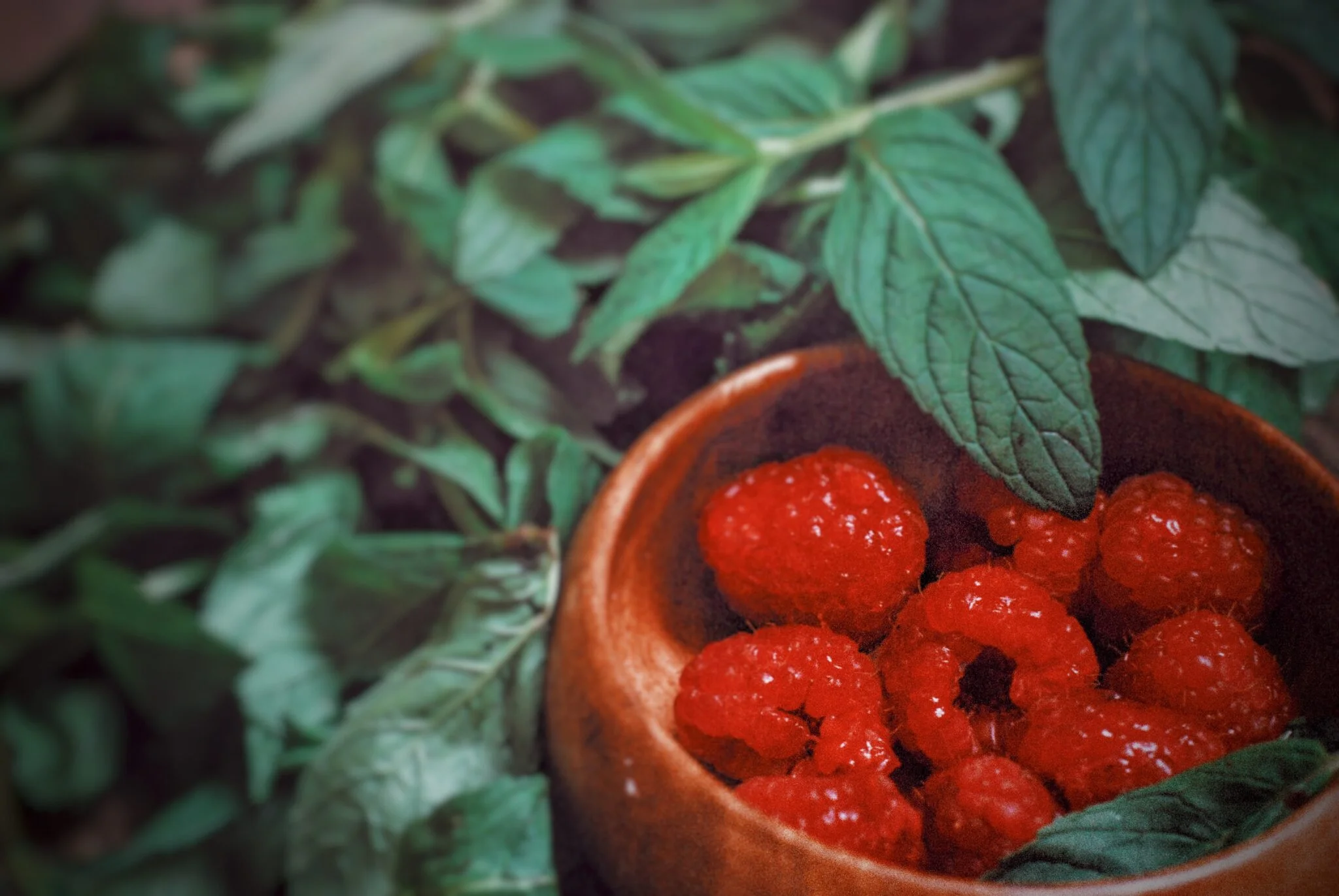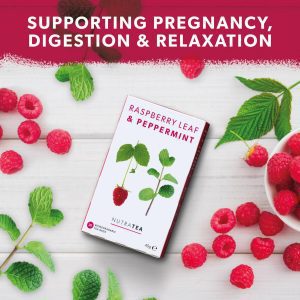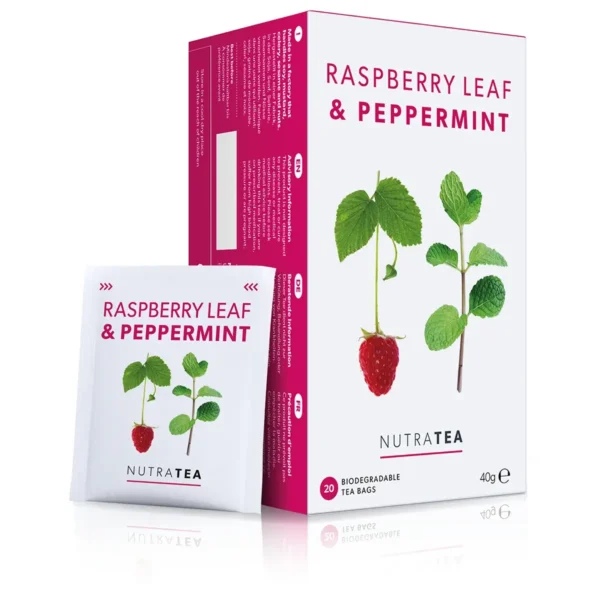NutraBlog
The Benefits of Raspberry Leaf Tea

From strengthening the womb in pregnancy to relieving PMS, red raspberry leaf tea is one of the go-to herbal remedies for women. Learn more about the benefits of raspberry leaf tea in our latest blog. Raspberry leaf tea is a natural herbal infusion valued for its rich nutrient content and calming properties. Traditionally used to support women’s health, it may help ease menstrual discomfort, promote hormonal balance, and strengthen the womb during pregnancy. Brimming with antioxidants, vitamins, and minerals, raspberry leaf tea also aids digestion, enhances overall wellbeing, and encourages relaxation. Gentle yet effective, it remains a time-honoured remedy for everyday vitality and reproductive health.
—
Packed full of vitamins and other nutrients, the leaves of the red raspberry plant make a delicious herbal tea. However, it is the benefits for women in particular that have made raspberry leaf tea such a popular home remedy.
It may be best known for its uses during pregnancy, but the benefits of raspberry leaf tea aren’t limited to just those nine months. In this blog post, we’ll discuss how red raspberry leaf can support women’s health – in pregnancy and beyond.
What Is Red Raspberry Leaf Tea?
When you think of raspberry plants, you probably think first of their fruits. The sweet red berries are a delicious and healthy treat in summer.
However, the leaves of the same plant are also prized for their nutritional value and health benefits. It is these leaves that are used to make raspberry leaf tea.
Typically, the leaves are dried before being used to make tea. Not only does this preserve them but drying also makes herbs more potent – fresh leaves contain a lot of water, which dilutes the benefits.
Just in case you were wondering – raspberry leaf tea doesn’t really taste like the berries, although it does have some fruity notes. It’s more like black tea (although without the caffeine), featuring bitter notes due to its tannin content.
What Are the Benefits of Raspberry Leaf Tea?
1. High in Vitamins and Antioxidants
Berries like raspberries are often called superfoods because of their high levels of nutrients, especially vitamins and other antioxidants.
However, it isn’t just the berries that have these benefits – raspberry leaves are also packed with nutrients. These include vitamins such as vitamin C and vitamin B, as well as polyphenols like tannins and flavonoids.
As a result, drinking red raspberry leaf tea may support our general health and wellbeing. It’s most often recommended for women, but anyone can benefit from the nutritional content of this herbal tea.
2. Alleviate Symptoms of PMS
Premenstrual Syndrome (PMS) affects many women in the days leading up to their periods. The National Association of Premenstrual Syndromes estimates that around 30% of women experience moderate to severe symptoms of PMS – these can include cramps, headaches, stomach issues, fatigue, mood swings, anxiety, and irritability.
With so many women battling PMS each month, it is no surprise that many of us are on the hunt for natural solutions to alleviate the symptoms.
Red raspberry leaf tea might be one such option. Traditionally used to treat menstrual cramps and other symptoms of PMS, raspberry leaf tea contains fragarine, a compound that helps to strengthen the muscles of the uterus and ease cramps.
The high antioxidant levels in red raspberry leaves might also help to combat inflammation caused by high levels of prostaglandins, which are associated with increased menstrual cramps.
3. An Easier Labour
Red raspberry leaf tea is especially popular with women during pregnancy – one survey found that as many as 38% of women had used it while pregnant.
One of the reasons that so many women reach for raspberry leaf tea to help them during pregnancy is that it might make for an easier labour.
As we’ve already seen, the fragarine in red raspberry leaves helps to tone and strengthen the muscles of the uterus, supporting your body as it gets ready for birth. Drinking red raspberry leaf tea during the third trimester has been linked with a shorter labour and less risk of interventions like the use of forceps.
Having said that, some people report that red raspberry leaf tea can also stimulate uterine contractions. When you are at the end of the third trimester and impatient to meet your baby, this might be a bonus! But it’s less good earlier in pregnancy, so the Baby Centre recommends only drinking it after you reach the 32-week mark.
How to Drink Raspberry Leaf Tea
Although you can, in theory, simply use fresh leaves from a raspberry plant to make tea, most herbalists prefer to use the dried leaves, which are more potent (and easier to store).
The dried leaves are available as loose-leaf teas, although these can be fiddly and a bit annoying to clean up. You can also find raspberry leaf in tea bags, which is a much simpler form to use and our preferred option for making any herbal tea.
If you opt for tea bags, all you need to do is boil a kettle, pour hot water over your tea bag, and leave it to steep for around 4-5 minutes.
Another great tip is to combine raspberry leaf with other herbs. We like to use it with peppermint, another herb that is popular during pregnancy for soothing nausea and indigestion.
You can find both in our flagship Raspberry Leaf & Peppermint tea.


